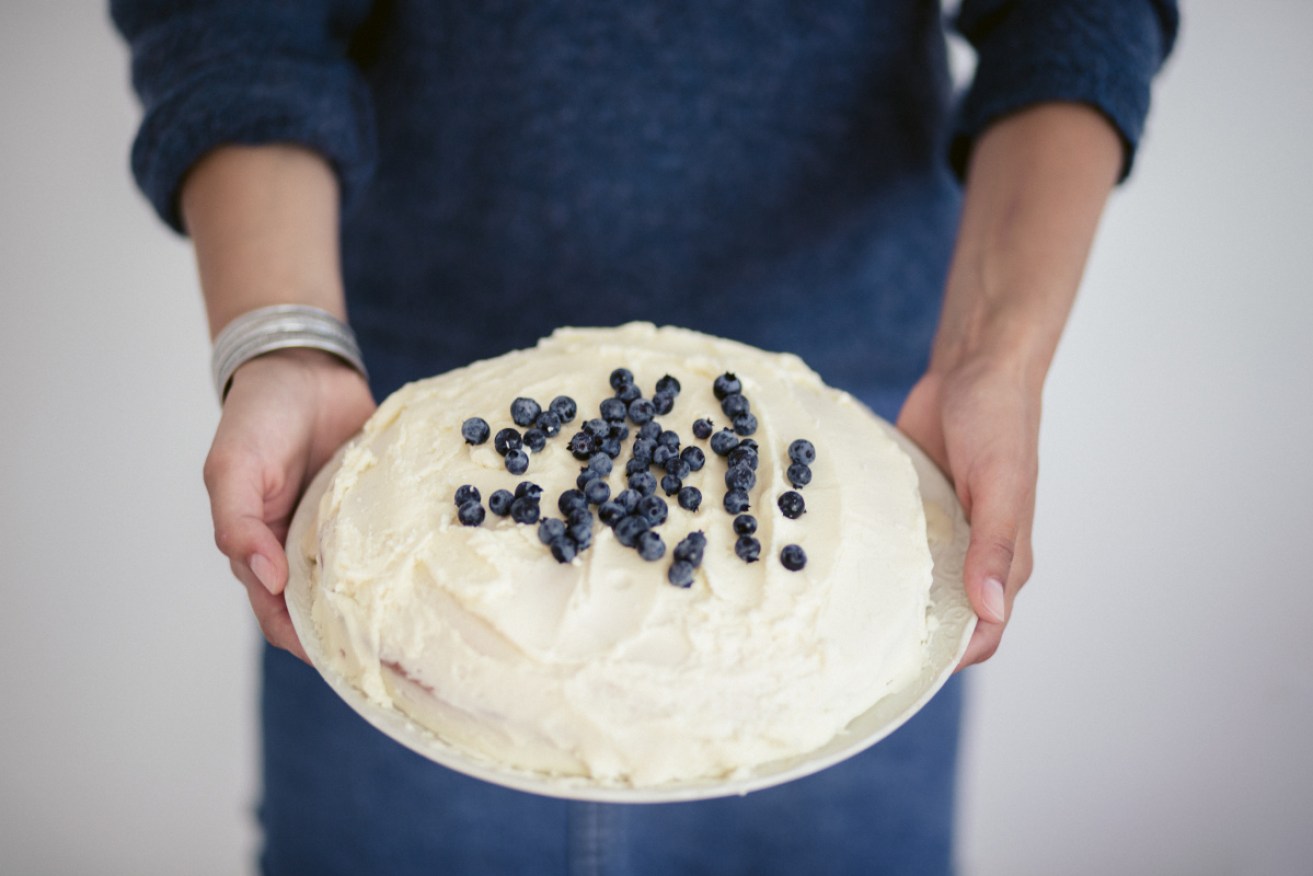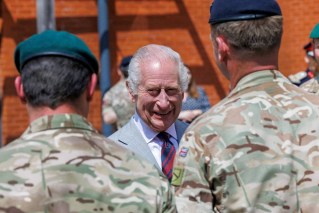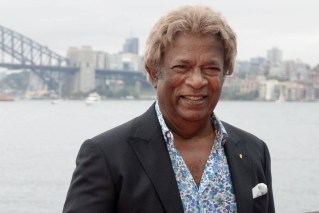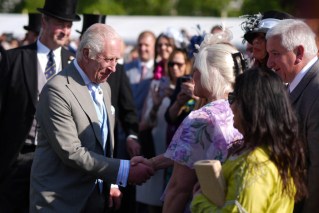A vast web of goodwill: Support acts restoring unity in the community


The simple gesture of baking a cake for others will have wide-ranging effects. Photo: Getty
WHEN the going gets tough, the tough get letterboxing.
Or baking.
Or perhaps even shopping – but only if that shopping is for groceries and other essentials needed by a neighbour who can’t get out for themselves.
We’re witnessing the rapid spread of a new kind of virus, and it couldn’t have arrived too soon.
Some are calling it the “Kindness Pandemic” – as I write, a Facebook group by the same name has attracted almost 370,000 members – while others describe it as “caremongering”, a deliberate riposte to the COVID-19 “scaremongering” so rife on social media.
Plenty more are simply creating groups named after their street or neighbourhood, and sending invitations to all those local folks who they previously only knew as “the old bloke in #27” or “the young couple across the road who always forget to take their bins in” or “the young mum from next door whose baby gets up at 5am, damn it.”
Now is the time to learn their names.
Now is the time to learn their needs.
For me, it all started with a banana cake.
Actually, it started with three banana cakes, all baked by a lady named Jo.
I’ve never met Jo.
I only know her from our neighbourhood Facebook group, which until recently existed mainly to co-ordinate kids’ playdates and promote local activities and businesses.
I know from her posts that Jo does a lot of sailing on Moreton Bay, that she voted early in the local council elections to avoid the crowds, and that she is active in her local chamber of commerce.
But last week, she also baked several banana cakes and decided that, rather than freezing them to keep for later, she would ask whether anyone in our community needed a treat.
Coincidentally, I had just heard from my mother that one of her neighbours, who is confined to a wheelchair, was struggling because the supermarkets had suspended home deliveries.
Another elderly neighbour was in self-isolation because she had just returned from a holiday to New Zealand.
I sent Jo a note via Facebook – and within hours, those ladies were enjoying fresh-baked banana cake, delivered to their door.
More importantly, with every bite, they were also reminded in the most tangible way that they were not alone, that there were people close by who were thinking of them and happy to help.
Since then, the Inner North Brisbane Kindness Project has sprung from the wider community group, to focus specifically on supporting people who are affected by COVID-19, either because they are in isolation or because they are healthcare workers who deserve some extra help at home while they are putting themselves in harm’s way every day at work.
One member designed flyers with our contact details, leaving them in neat bundles on a table outside her house for collection by volunteers. Another member mapped the surrounding suburbs, assigning groups of streets to those who volunteered to letterbox.
When we ran out, someone else offered to print more.
I drove across the suburb to pick up a bundle, and discovered that my contact was the sister-in-law of an old friend who lives interstate.
It’s that sort of movement; six degrees of separation and a vast web of goodwill.
Other initiatives have blossomed like buds after rain.
Small businesses that have closed to the public are now making connections online.
A dressmaker whose normal business has closed is now making surgical masks and has put a call out for elastic.
Students who can no longer attend uni are offering to walk dogs and or pet-sit for those whose shifts are keeping them at hospital.
Even as I’ve been writing, I’ve taken delivery of a box of exquisitely baked cupcakes, after a cake maker posted that her normal business has slowed to a trickle and she was inviting smaller, online orders.
But here’s the surprise.
The real beneficiaries of all these acts of kindness?
They’re not the folks who are isolated at home, or working in hospitals, or finding new markets for their beleaguered businesses.
The people who gain most are people like me: Those of us who have been floating in the ether of anxiety, feeling powerless and disconnected as normalcy evaporates around us.
Now, we are slowly stitching ourselves back into the tapestry of community.
And there is nothing unusual about our neighbourhood; I’m sure there are hundreds of groups around Australia doing similar things right now.
Indeed, what is remarkable is their sheer ordinariness, that this movement of collective goodwill emerged out of nowhere.
It didn’t need an official organisation or paperwork or a government directive.
All it took was for us to stop and look at each other and suddenly remember, as if waking from a dream: We’re all in this together.








